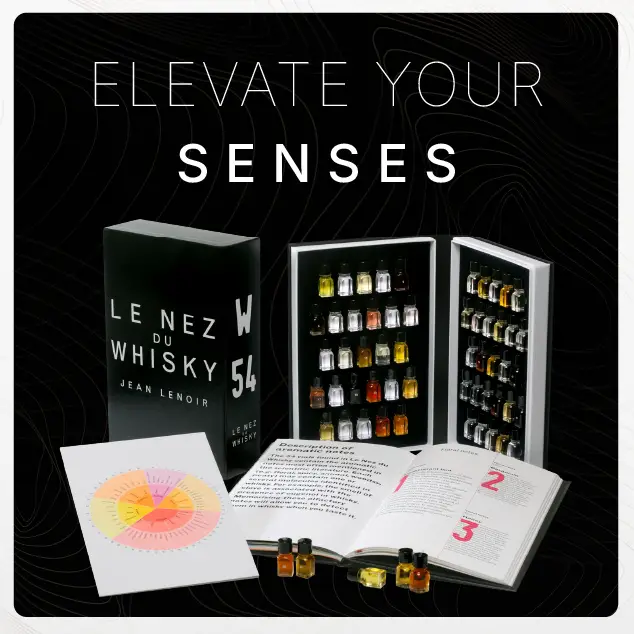
Vietnam’s whisky market has defied global trends. China’s whisky imports plummeted 31.5% last year and while the broader Asia-Pacific region remains strong it has still struggled with declining values. However Vietnam tells a different story.
The Southeast Asian nation’s whisky market rose 26% and raced toward $440 million powered by a unique culture of collecting and gifting.
Scotch Dominance in an Emerging Market
Vietnam’s whisky landscape is distinct from Western markets. Both in their preference and attitudes to drinking. Scotch whisky commands 85% of the market share, with premium expressions leading sales.
“The majority of Vietnamese consumers view whisky as all the same, for them whisky is purely a means to get drunk,” explains Hai Dang Nguyen, founder of DangTau Whisky Library in Hanoi. “Even if that is a Macallan 25 or 30 years old.”
Nguyen explained this has created an unusual market dynamic. Collectors will spend heavily on prestigious bottles for collecting and gifting, but the lack of nuanced understanding over taste leads them to focus on other areas, like birth year collecting.
“I first realized this trend when I was 2 or 3 years into my whisky business; everyone was asking for birth year whisky,” Nguyen said. “I know a few collectors only collect certain year from multiple distilleries, e.g. a collection full of 1970 vintage from Macallan, Ardbeg, Springbank.”
It is an interesting conundrum for scotch distilleries who seem to be shifting away from vintage expressions toward no-age-statement releases. Vietnamese buyers are specifically seeking bottles matching significant years, and are driving growth in an otherwise struggling global market. It makes me wonder where the balance will eventually fall between vintage, age-statement and no-age-statement releases from premium brands.
Luxury Gifting Fuels Premium Sales
Nguyen also explained how cultural traditions around luxury gifting are another key part of Vietnam’s whisky consumption. Gift-giving serves as both respect demonstration and status signaling in Vietnamese business culture.
“Luxury gifting has been embedded into Vietnamese culture for years as a way for us to show appreciation for the receivers and a sign of respect,” Nguyen explained. “The higher the social status the higher the value the present will be, in the case of whisky, it would be the higher age statement.”
Unlike portable luxury items such as watches, whisky collections require creative display strategies. Vietnamese collectors compensate by hosting frequent social gatherings centered around their bottles.
“Social gathering are hosted pretty frequently, as unlike collecting watches where you can wear them, you cannot bring your Macallan 84 Time:Space with you when you go out. Whisky collectors do host lots of social gathering events as an opportunity for them to display their collection,” Nguyen noted.
The Beginning Of Shifting Preferences
Nguyen’s DangTau Whisky Library represents Vietnam’s first dedicated whisky education facility. The library offers workshops, guided tastings, and free social media content aimed at developing local appreciation beyond status symbols.
“We were the first to offer this kind of service in the Vietnamese whisky market. At first we were facing lots of challenges, however as time passed by, we prevailed and have become the best place for whisky education and experience in Vietnam,” said Nguyen. The efforts of Nguyen and his peers may gradually shift Vietnamese preferences from pure status consumption toward genuine appreciation, though change remains slow.
The booming Vietnamese market offers lessons for brands expanding into emerging economies. Success requires understanding local traditions and preferences, and collecting motivations that may differ dramatically from established markets. Rather than assuming all Asia-Pacifc markets are similar, real success for brands must be driven by understanding at the local level.
Read the full article at Vietnam’s $440 Million Whisky Boom: Status Symbols Meet Single Malts
